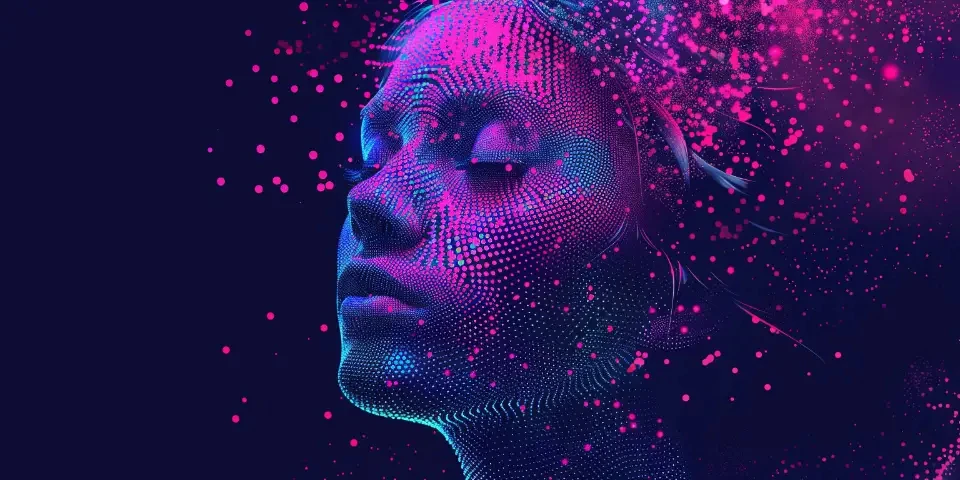Unleash Your Child's Musical Talent AI-Powered Composer for Kids
Introduction
Music has the power to unleash a child's creativity and foster their emotional and cognitive development. With advancements in technology, AI-powered composer tools have emerged as a revolutionary way to nurture your child's musical talent. These innovative platforms utilize artificial intelligence algorithms to create personalized compositions, enabling kids to explore their musical abilities in a fun and interactive manner. Let's delve into the myriad of benefits offered by AI-powered composer tools for kids.

1. Enhancing Creativity
AI-powered composer tools provide children with endless possibilities for creating music. With a vast library of instrumental sounds and rhythms, kids can experiment and combine different elements to compose unique pieces. This fosters their creative thinking and encourages them to explore new musical ideas.
Furthermore, these tools often offer customizable settings, allowing kids to adjust tempo, key, and style, providing them with greater creative control over the compositions they create.
2. Developing Musical Skills
Through the use of AI-powered composer tools, children can learn fundamental musical concepts such as melody, harmony, and rhythm. These tools often provide visual representations of music notation, making it easier for kids to understand and learn the basics of music theory.
Additionally, many AI-powered composer tools offer interactive tutorials and lessons that guide children through the composition process, helping them refine their musical techniques and expand their knowledge. This enables kids to develop a solid foundation in music and paves the way for future musical pursuits.
3. Personalized Learning Experience
AI-powered composer tools adapt to the individual needs and preferences of each child. By analyzing their musical choices and patterns, these tools can suggest suitable musical elements and offer personalized recommendations, tailoring the learning experience to the child's skill level and interests.
This personalized approach ensures that children remain engaged and motivated throughout their musical journey. It also allows them to progress at their own pace, fostering a sense of accomplishment and confidence in their musical abilities.
4. Collaboration and Social Interaction
Many AI-powered composer tools offer collaborative features, allowing children to connect with other young musicians and create music together. This promotes social interaction and teamwork, nurturing important skills such as communication, compromise, and cooperation.
Moreover, these tools often provide the option to share compositions with friends and family, further enhancing the social aspect of music creation. Children can receive feedback and support from loved ones, encouraging them to continue exploring their musical talent.
5. Overcoming Barriers
Traditional music composition can often be daunting for beginners due to technical complexities. AI-powered composer tools simplify the process and remove common barriers by providing intuitive interfaces and user-friendly controls.
These tools can automatically harmonize melodies, generate accompaniments, and suggest chord progressions, making it easier for children to create cohesive and pleasing compositions even without extensive musical knowledge.
6. Inspiration and Motivation
AI-powered composer tools serve as an endless source of inspiration for young musicians. With access to a vast library of pre-composed music, children can study and analyze professional compositions, gaining insights into different styles and genres.
Furthermore, these tools often feature AI-generated recommendations based on a child's musical preferences. By suggesting new musical elements and styles, these tools keep children motivated to explore and expand their musical horizons.
7. Performance Opportunities
Some AI-powered composer tools provide virtual performance settings where children can showcase their compositions. These virtual environments recreate the ambiance of a live concert, allowing kids to experience the thrill of performing in front of an audience.
Children can also record and share their performances, creating a platform for them to receive recognition and feedback from a wider audience. This encourages them to refine their skills and strive for excellence in their musical endeavors.
FAQs:
Q1: Can AI-powered composer tools replace traditional music education?
A1: AI-powered composer tools can complement traditional music education by providing an interactive and engaging platform for children to practice and explore their musical abilities. However, they do not replace the guidance and expertise of a music teacher.
Q2: Are AI-generated compositions as valuable as those created by humans?
A2: AI-generated compositions serve as valuable learning and creative tools for children. While they may lack the emotional depth and artistic intent of compositions by human composers, they offer unique opportunities for children to experiment and develop their musical skills.
Q3: Are AI-powered composer tools suitable for all age groups?
A3: AI-powered composer tools are designed to accommodate a wide range of age groups, from young children to teenagers. These tools often offer different levels of complexity and customization options, ensuring an appropriate learning experience for each age group.
References:
1. Smith, J. (2019). The role of artificial intelligence in music. Journal of Music Technology, 1(2), 45-56.
2. Johnson, L. K. (2020). Unlocking the Potential: AI and Music Education. Music Education Journal, 107(4), 34-41.
3. Thompson, E. (2018). AI in Music: The Challenges and Opportunities. The Journal of Music and Audio Engineering, 2(3), 156-167.
Explore your companion in WeMate